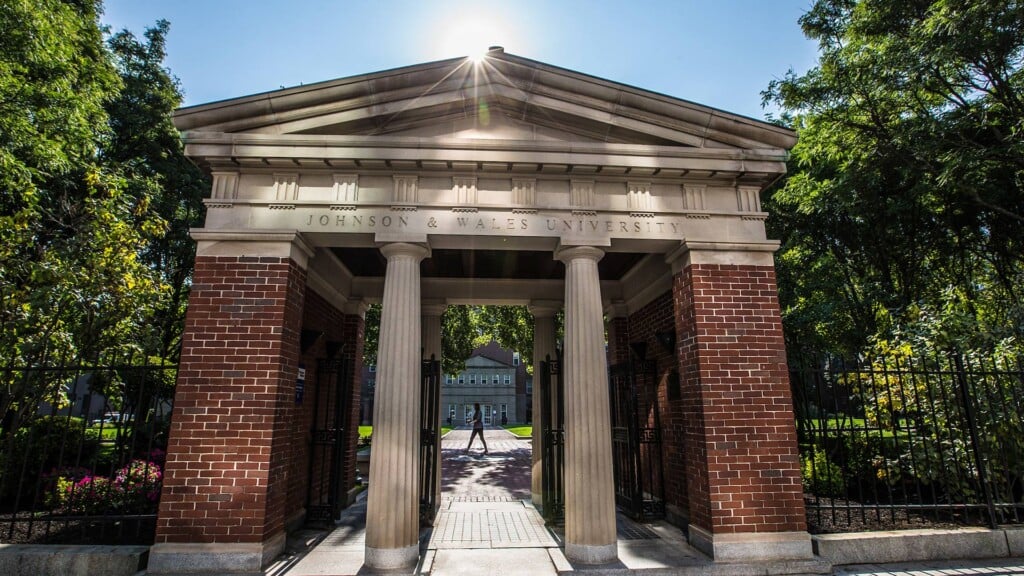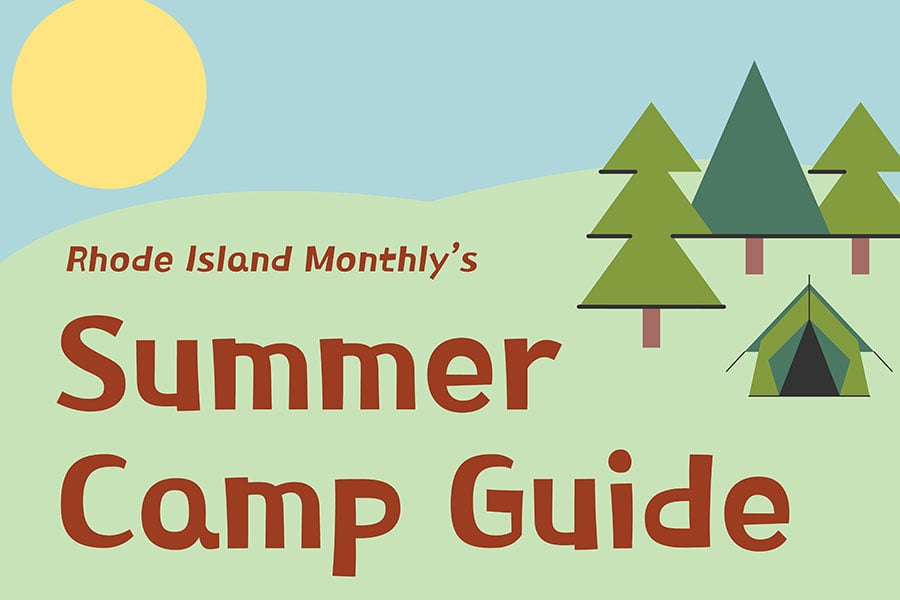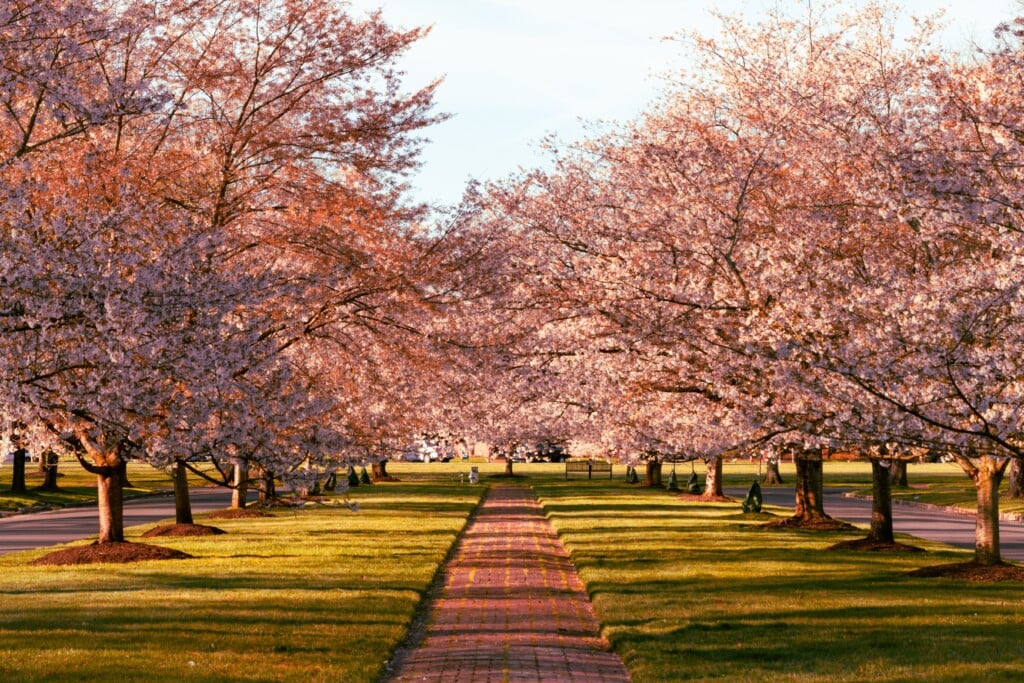Get to Know the Faces of Pride in Rhode Island
We celebrate the bravery, resilience and beauty of Rhode Island’s LGBTQ+ community.
Rhode Island’s original Pride began as a protest.
After being shunned from the state’s bicentennial celebrations, seventy-five people sued and won the right to march through downtown Providence on June 26, 1976, in the state’s first Pride parade.
The seventy-sixers, as they’re known, may have paved the way for Pride, but members of the state’s LGBTQ+ community are still protesting. They’re protesting anti-queer and anti-trans legislation. Protesting prejudices. Protesting societal norms.
But they’re also thriving — building communities. Lifting each other up. Choosing families who affirm their basic needs and rights.
We asked local members of the queer community what Pride means to them. Here are their struggles, their joys, their fears and their hopes, in their own words.
_______________
Randy Andy
Drag king
“Pride to me is the LGBTQ+ community coming together, finding each other and stating we are unapologetically here. And to celebrate, even in the face of what is becoming an increasingly large amount of adversity, that we belong and it’s incredible to be who we are. At the same time, we’re honoring those who came before us, opened doors and paved the road that makes Pride what it is today.”
_______________
LaDiva Jonz
Drag queen
“Pride means living your truth. When you put on a dress, you need to be confident in where you’re going. I have a straight friend who thinks I’m one of the bravest people they know because I walk around in a dress. I’ve never considered that because it’s part of what I am. I’m here to be an entertainer and to make people smile. We’re trying to change the world for good, whether it’s through laughter or thoughtfulness. Pride is about inspiring, and it’s an act of protest. It says that we are not going to subscribe to the norms; we’re living as we see fit.
_______________
Rodney Davis
President of Rhode Island Pride
“For many, Pride is just the celebration, but I always remember my first Pride and how I felt when I found community and the importance of that. Many of us find family and acceptance. However you identify, whoever you may love, this is a space that allows you to be you. And Pride isn’t just that third Saturday in June. Pride happens when we go to church, when we go to work, when we are walking in Stop & Shop. That’s what Pride is: to be free to be yourself.”
_______________
June Rose
Providence City Council chief of staff and the highest-ranking transgender staffer in Rhode Island history
“Pride means coming together as a community to embrace our authentic selves. Pride means to ignore all the ways we’re told to be and to choose ourselves and to do it alongside so many other people who are making that same brave choice.”
_______________
River Furtado
Artist
“I first started questioning my sexuality around the time same-sex marriage was legalized, and I think it would have taken me much longer to accept otherwise. So for a long time, Pride to me was about coming out. But now, it’s about having a safe space where you may not necessarily need labels, and you can have the freedom, safety and education to explore and become who you want to be. I’m only twenty-four and I know that I can be different ten years or even a year from now. I don’t think there is another community where I would feel as comfortable.”
_______________
Tiara Mack
Democratic state senator representing District 6 in Providence
“People will always see me as Black. People will always see me as a woman. But I have to choose to disclose that I am queer. And I don’t want to hide that part of me — I ran as an unapologetically Black, queer young person. It’s really important as someone who never saw leaders who look like me — in office, in schools, in communities — to be able to show young queer people that they can be elected officials. They can be public health officials. They can be teachers. There are so many different ways to be queer — to own your queerness — and there’s no one size fits all, but it’s important to show.”
_______________
Larry Griffin and Richard Hallee-Griffin
First same-sex couple in Woonsocket to receive a marriage license
“It’s been thirty-four years. We’re still together. We have been beaten up in public restaurants. We have been discriminated against for who we are. We have been vandalized against. Our homes have been damaged. But we are still here.” —Richard Hallee-Griffin
“I was working from home when the same-sex marriage vote came up in the State House. Larry was calling me every ten, fifteen minutes. On the last phone call he said, ‘Did it pass?’ and I said, ‘Yup, it officially passed.’ Unbeknownst to me, he was sitting in his car in the driveway. The minute I said, ‘Yes, it passed,’ he walked into the house, got down on one knee and said, ‘Marry me.’” —Richard Hallee-Griffin
“We are one, we are strong, we are scared, we are ridiculed, we are forgiving, we are loving, we are that we are, and what we are is in love.” —From a poem Larry Griffin wrote to Richard Hallee-Griffin when they started dating. Their daughter read the poem at Larry and Richard’s wedding.
_______________
Rev. Dr. Donnie Anderson
Minister and transgender activist who came out at age sixty-nine
“It got to the point where I thought, ‘Before I die, I would like at least one person to know who I really am,’ because it was depressing to think that I would live my whole life and who I really was would never be known.”


































